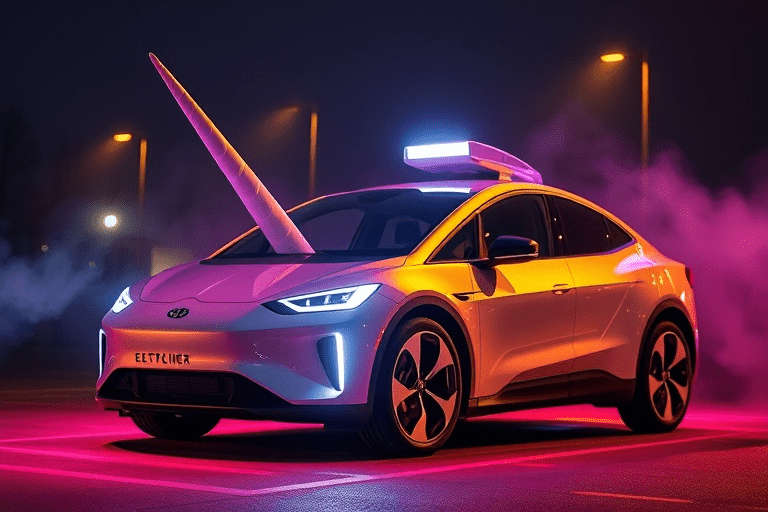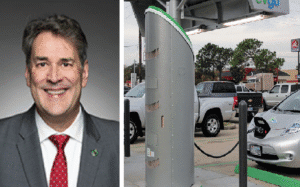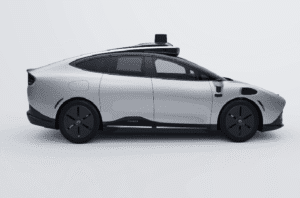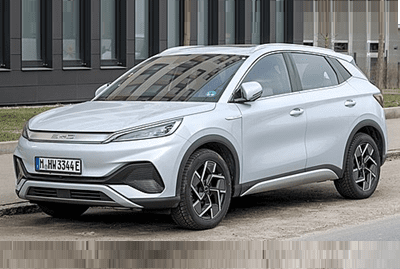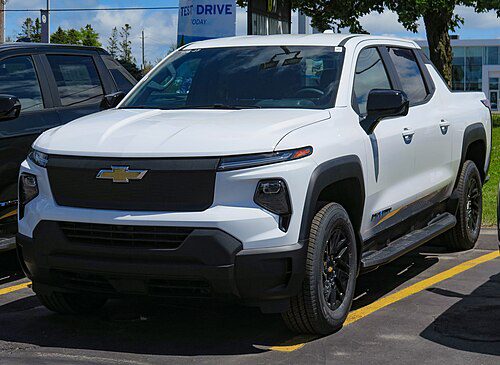Toronto, Ontario — A new peer-reviewed study in Nature Energy has found that electric vehicle misinformation is being widely spread and widely believed.
The research, which was conducted across four continents, reveals people are more likely to believe EV myths than reject them, with conspiracy-minded thinking playing a far bigger role than education in shaping those beliefs.
“Misinformation about EVs poses significant challenges to the global transition to energy efficient transportation,” wrote authors Matt Motta, Colin Tucker Smith, Ben Tappin, and Leaf Van Boven. “We investigated the prevalence of misinformation about EVs, predictors of misinformation endorsement and two potential interventions for reducing its impact. Surveys across four countries… revealed that more respondents agreed with misinformation statements about EVs than disagreed with them. Conspiracy mentality emerged as the strongest predictor of such beliefs, whereas education played no role.”llow-up. Our results highlight the prevalence of EV misinformation, the role of mistrust in shaping it and the potential for conventional and novel informational strategies to reduce it.”
The researchers tested belief in eight falsehoods that have dogged EV adoption for years. Here’s what respondents bought into—and at what rate:
- EVs are more likely to catch fire than conventional cars – believed by 43 to 56 percent, depending on the country
- EVs are bad for the environment – believed by about 35 percent
- EV batteries cannot be recycled – believed by 35 percent
- EVs are unsafe in a crash – belief level not separately reported but included in the test
- EVs don’t work in cold weather – widely believed, particularly in colder regions
- EVs are worse for long-distance travel – commonly endorsed
- The power grid cannot handle mass EV adoption – a frequent point of concern
- EVs are used to track people’s movements – accepted by a large share of participants
Fire risk stood out as the most frequently endorsed myth, particularly in Australia, where nearly 47 percent of respondents believed EVs were more flammable than gas vehicles.
To combat these beliefs, researchers trialed two low-effort interventions: a concise fact sheet and short, myth-busting conversations with ChatGPT. Both methods reduced belief in misinformation, and the effects lasted at least ten days. Pro-EV policy support and purchase interest also increased.
The authors’ results suggest that widespread EV adoption will require more than new infrastructure and incentives. It also calls for thoughtful, low-cost communication—delivered by people who know the vehicles inside and out. That includes the technicians, estimators and repairers already dealing with EVs firsthand. After all, mythbusting may turn out to be one of the industry’s most important new skills.


